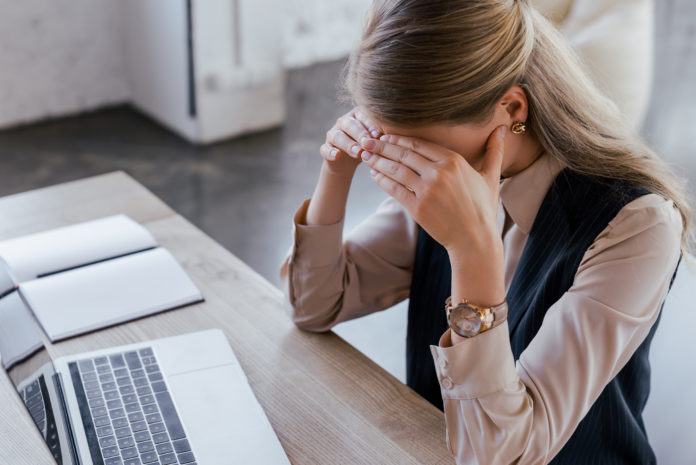Medication does not cure anxiety disorders but often relieves symptoms. Medication can only be prescribed by a medical doctor (such as a psychiatrist or a primary care provider), but a few states allow psychologists to prescribe psychiatric medications.
Medications are sometimes used as the initial treatment of an anxiety disorder, or are used only if there is insufficient response to a course of psychotherapy. In research studies, it is common for patients treated with a combination of psychotherapy and medication to have better outcomes than those treated with only one or the other.
The most common classes of medications used to combat anxiety disorders are antidepressants, anti-anxiety drugs, and beta-blockers (visit Mental Health Medications). Be aware that some medications are effective only if they are taken regularly and that symptoms may recur if the medication is stopped.
Antidepressants
Antidepressants are used to treat depression, but they also are helpful for treating anxiety disorders. They take several weeks to start working and may cause side effects such as headache, nausea, or difficulty sleeping. The side effects are usually not a problem for most people, especially if the dose starts off low and is increased slowly over time.
Please Note: Although antidepressants are safe and effective for many people, they may be risky for children, teens, and young adults. A “black box” warning—the most serious type of warning that a prescription can carry—has been added to the labels of antidepressants. The labels now warn that antidepressants may cause some people to have suicidal thoughts or make suicide attempts. For this reason, anyone taking an antidepressant should be monitored closely, especially when they first start taking the medication.
Anti-Anxiety Medications
Anti-anxiety medications help reduce the symptoms of anxiety, panic attacks, or extreme fear and worry. The most common anti-anxiety medications are called benzodiazepines. Benzodiazepines are first-line treatments for generalized anxiety disorder. With panic disorder or social phobia (social anxiety disorder), benzodiazepines are usually second-line treatments, behind antidepressants.
Beta-Blockers
Beta-blockers, such as propranolol and atenolol, are also helpful in the treatment of the physical symptoms of anxiety, especially social anxiety. Physicians prescribe them to control rapid heartbeat, shaking, trembling, and blushing in anxious situations.
Choosing the right medication, medication dose, and treatment plan should be based on a person’s needs and medical situation, and done under an expert’s care. Only an expert clinician can help you decide whether the medication’s ability to help is worth the risk of a side effect. Your doctor may try several medicines before finding the right one.
You and your doctor should discuss:
- How well medications are working or might work to improve your symptoms
- Benefits and side effects of each medication
- Risk for serious side effects based on your medical history
- The likelihood of the medications requiring lifestyle changes
- Costs of each medication
- Other alternative therapies, medications, vitamins, and supplements you are taking and how these may affect your treatment
- How the medication should be stopped. Some drugs can’t be stopped abruptly but must be tapered off slowly under a doctor’s supervision.


